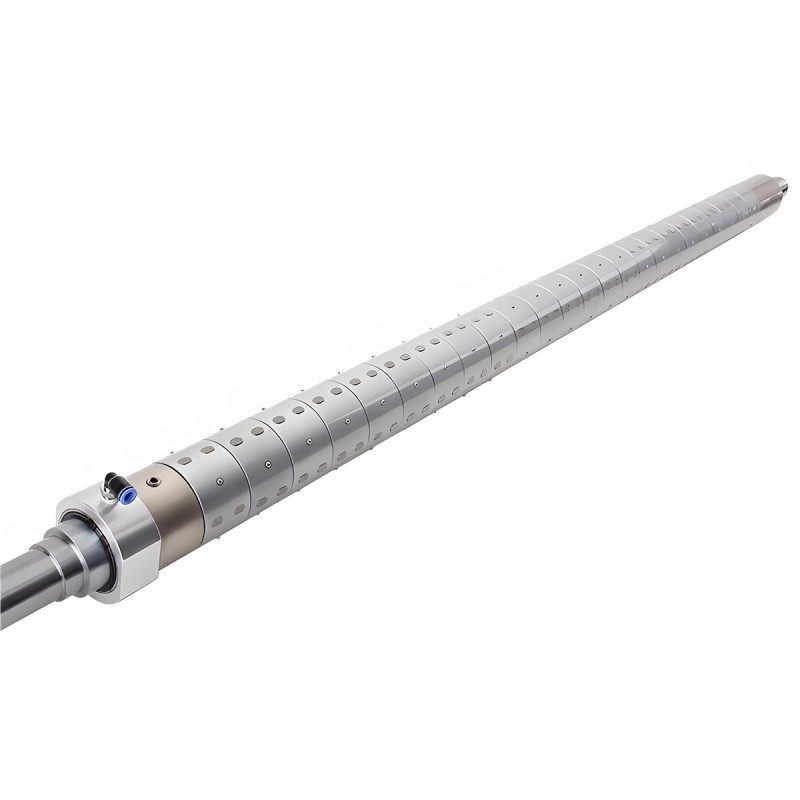Drying Chamber Applications in Various Industries
2025-07-03
Drying chambers are essential components in numerous industrial processes where moisture removal is critical to product quality, stability, and performance. These controlled environments use heat, air circulation, and sometimes vacuum or desiccant methods to evaporate moisture from solids, liquids, or semi-solids. The versatility and efficiency of drying chambers make them vital across a wide range of industries.
1. Pharmaceutical Industry
In the pharmaceutical sector, drying chambers are indispensable for drying active pharmaceutical ingredients (APIs), granules, and tablets. Moisture content must be carefully controlled to ensure product efficacy and shelf life. Fluid bed dryers, vacuum dryers, and tray dryers are commonly used in pharmaceutical manufacturing. These chambers help prevent microbial contamination and degradation caused by excess moisture, maintaining the strict hygienic and quality standards required by regulatory authorities.
2. Food Processing Industry
Drying chambers are widely used in food processing to extend shelf life, enhance flavor, and reduce transportation weight. From dehydrating fruits and vegetables to producing powdered milk and instant coffee, drying technology ensures that food retains its nutritional value while remaining safe for consumption. Common drying methods in this industry include hot air drying, freeze drying, and spray drying. Each technique is selected based on the nature of the product and the desired outcome.

3. Chemical Industry
The chemical industry uses drying chambers to process a wide array of materials, including powders, crystals, and polymers. These chambers are essential in removing solvents and moisture that may interfere with chemical stability or reactivity. Depending on the chemical's sensitivity and thermal properties, industries utilize rotary dryers, vacuum dryers, or drum dryers to meet specific production needs.
4. Textile and Paper Industries
In textile manufacturing, drying chambers are used to dry dyed or washed fabrics, ensuring consistent color and texture while preventing mildew formation. Similarly, in the paper industry, drying chambers are a critical part of the papermaking process, used to evaporate water from pulp sheets after pressing, thereby improving paper strength and printability.
5. Electronics and Semiconductor Industry
Moisture can be a serious threat in electronics manufacturing, causing corrosion, short-circuits, or failure of components. Drying chambers are employed to dehydrate electronic components and circuit boards during production. Dry storage environments and vacuum ovens are frequently used to prepare devices for encapsulation or soldering, especially in high-reliability applications like aerospace and medical electronics.
6. Ceramics and Construction Materials
Drying is a fundamental step in ceramic production, where improperly dried products can crack during firing. Drying chambers control the rate of moisture removal to prevent stress within the material. In construction materials such as cement, bricks, and tiles, drying chambers ensure structural integrity and optimal curing before further processing or packaging.
Conclusion
Drying chambers are integral to modern industrial processes, playing a critical role in enhancing product quality, improving shelf life, and increasing manufacturing efficiency. Their applications span from pharmaceuticals to electronics, demonstrating their indispensable nature in maintaining production standards across diverse sectors. As industries continue to innovate, the demand for energy-efficient, automated, and precision-controlled drying technologies will only grow, reinforcing the importance of drying chambers in industrial advancement.
As a professional manufacturer and supplier, we provide high-quality products. If you are interested in our products or have any questions, please feel free to contact us.


